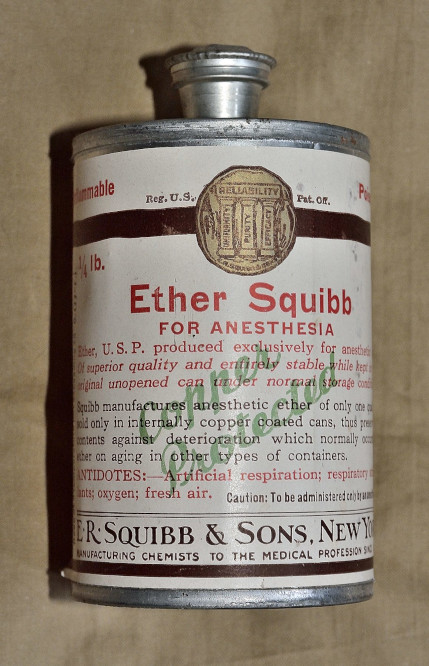4
Knit One, Compute One
ytprivate.comKris Howard
http://linux.conf.au/schedule/presentation/120/
Can a programming language describe art? Is knitting Turing complete? And just how many bytes of data does the average knitted scarf hold, anyway?
These are the questions that motivate Kris as both a knitter and a technologist. As an art form, knitting is inherently binary - just knit and purl. That means you can use sticks and string to encode data in a lot of different ways - like recording the day’s weather, noting enemy troop movements, or even knitting a computer virus. But that’s just the start! Through the act of knitting, the crafter becomes a kind of human CPU, utilising objects and data structures (needles) and free memory (ball of wool) to implement instructions (the pattern). Knitting patterns themselves are very similar to computer languages, with new syntax proposals emerging with innovative constructs and even compilers.
If you thought knitting was just an old-fashioned hobby, this talk will open your eyes to the many ways this traditional craft is still relevant in the digital age. (And no, you don’t need to know how to knit!)
O tym, że programowanie niewiele się różni od robienia na drutach.

Jakby ktoś sobie chciał zbudować maszynę dziewiarską CNC to tu jest projekt:
https://vimeo.com/102520966
https://github.com/g3rard/OpenKnit
Oooo! Super!
Chociaż chyba osobiście bardziej lubię rozwiązania low-tech ;)
Ale fantastycznie, że takie rzeczy są udostępniane. Chyba nawet warto byś to crosspostował/a do DIY, albo osobny pościk.